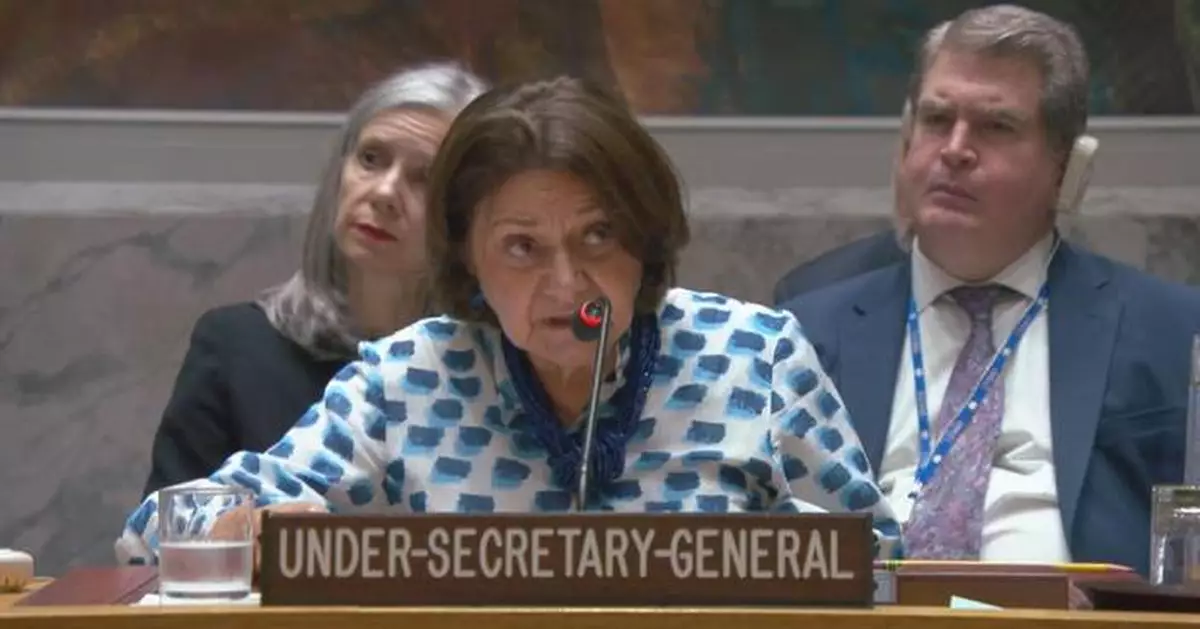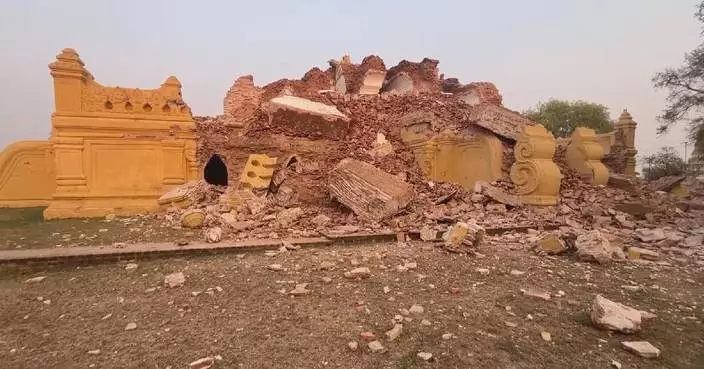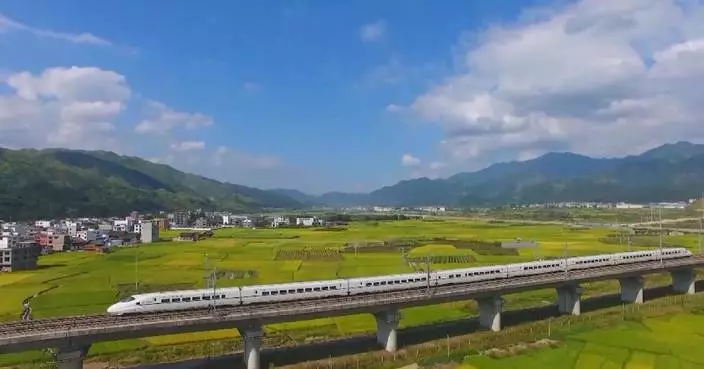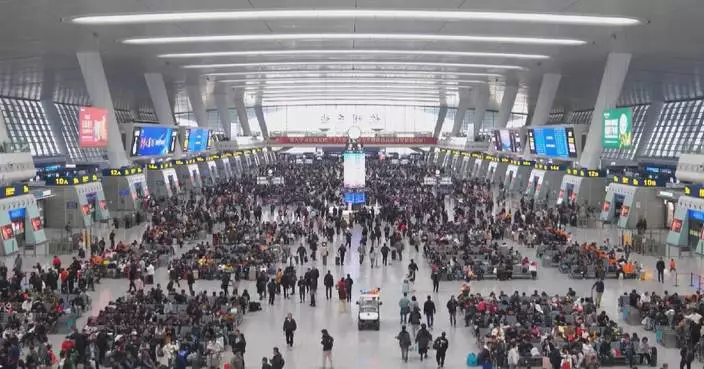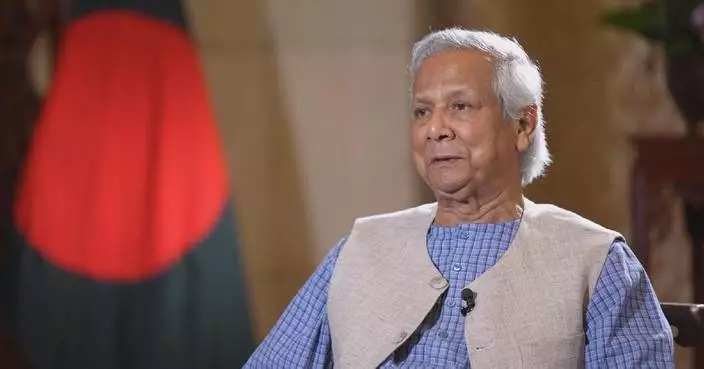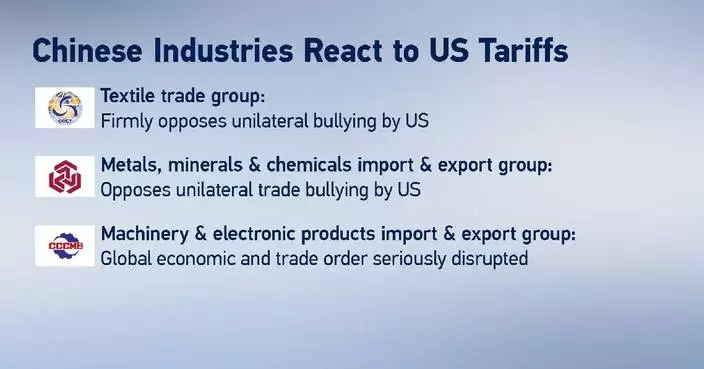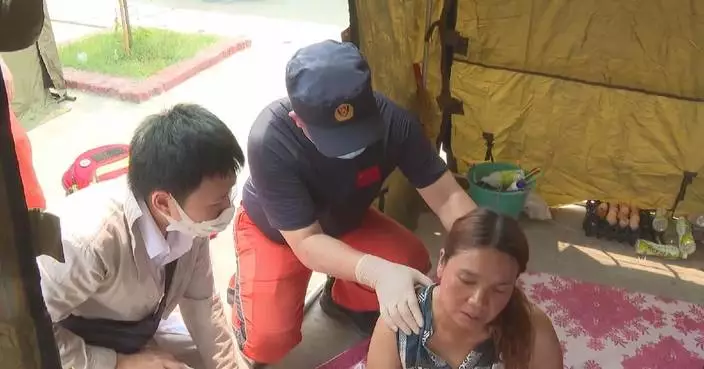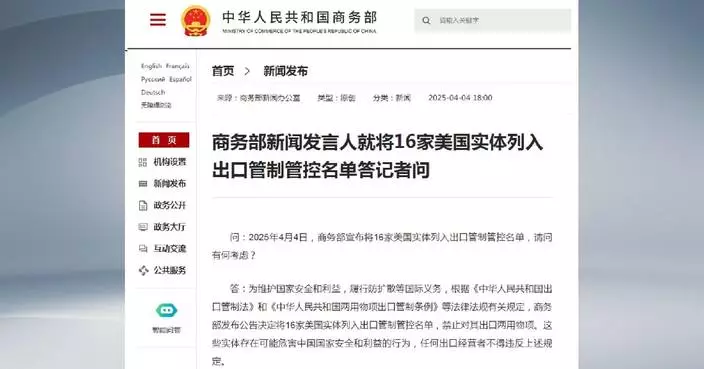The United Nations has again stressed the need for "maximum restraint by all" parties in the Middle East following the recent escalation of tensions in the region, urging for greater diplomatic efforts to address the situation during this "extremely sensitive time."
UN Under-Secretary-General Rosemary DiCarlo reiterated Secretary-General António Guterres' call for restraint during her address to the Security Council at an emergency meeting over the Middle East escalations on Wednesday.
The UN's top political affairs official noted that violence in the Gaza Strip has been escalating for months and that the situation in Lebanon is concerning.
DiCarlo emphasized that the appeals for all sides to show restraint are not enough at this stage, and highlighted the necessity of diplomatic initiatives to reduce regional tensions, while stating that the practice of sending messages through military means must stop.
"The Secretary-General has consistently called for maximum restraint by all. It is increasingly clear, however, that restraint alone is insufficient at this extremely sensitive time. Diplomatic efforts to change the trajectory and seek a path toward regional peace and stability are urgently needed. Communication by means of missiles, armed drones and other deadly attacks must end," she noted.
The UN emergency meeting came after tensions in the Middle East were inflamed by an Israeli airstrike on Tuesday targeted a southern suburb of Beirut, reportedly killing Hezbollah's top military commander, Fouad Shokor, who was allegedly behind a cross-border rocket attack that killed 12 young people in the Israeli-controlled Golan Heights on Saturday.
This was followed on Wednesday by the death of Hamas Politburo Chief Ismail Haniyeh, who was killed in the Iranian capital Tehran after his residence was attacked in an alleged Israeli assassination.
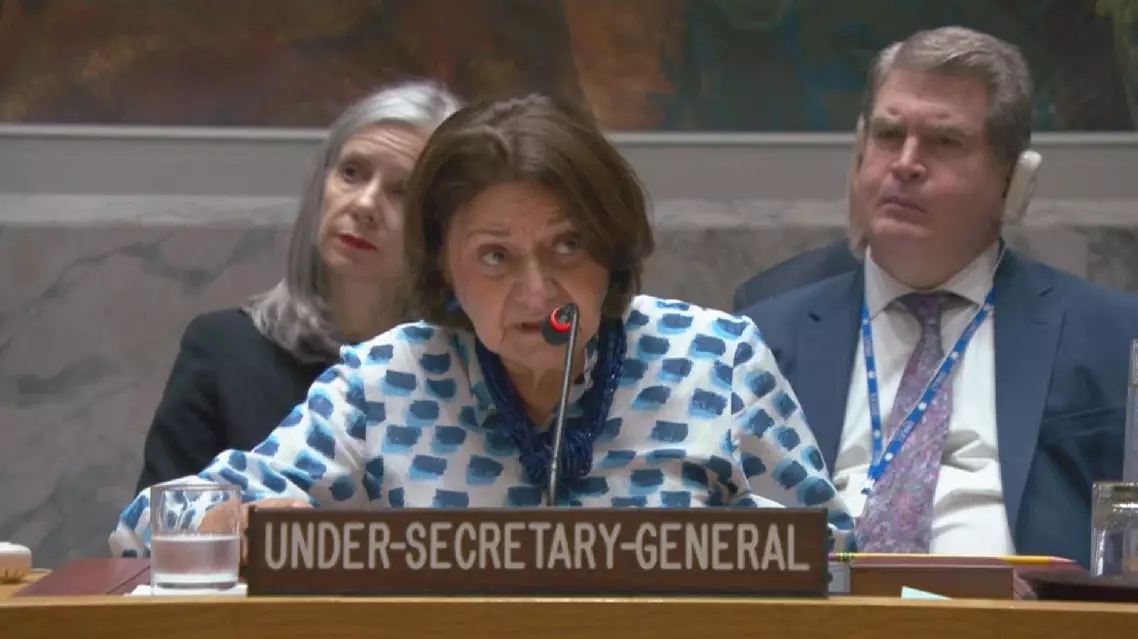
UN calls for diplomatic efforts to deescalate rising tensions in Middle East
A park director and a landscape architect in Sofia shared stories about how peonies have helped strengthen the cultural connection between China and Bulgaria.
In the fall of 2024, as China and Bulgaria marked 75 anniversary of their diplomatic ties, Heze City, known as the 'peony capital' of China, transplanted 280 peony plants to Sofia's South Park, the largest urban green space in the capital of Bulgaria, sharing this iconic Chinese cultural treasure with the Bulgarian public.
The park's Commemorative Peony Garden, created to celebrate 75 years of Sino-Bulgarian friendship, is now the new home to these Chinese flowers.
In a recent interview with China Global Television Network (CGTN) at the garden, park director Milena Vaseva reflected how the idea for the garden was proposed and brought to life.
"The garden with Chinese peonies became possible thanks to the wonderful initiative of the Chinese Embassy in Bulgaria on the occasion of the 75th anniversary of the establishment of diplomatic relations between Bulgaria and China, as well as thanks to the generous donation from Heze City, which provided 280 Chinese peonies specifically for our South Park," said Vaseva.
She also praised her Chinese colleagues who visited Sofia last year and collaborated with local staff to create the shared peony garden.
"What impressed me most in working with my colleagues from Heze was their professionalism and their excellent organization skills, their kindness, warm attitude, and generosity," said Vaseva.
For Vaseva, peonies serve as a cultural ambassador, symbolizing the blooming friendship between the two countries.
"The language of nature and beauty is universal. Creating a garden requires great care and dedication. So, we hope that through caring for this shared garden, it will become one of many reasons for continuing our fruitful cooperation. And, of course, for creating lasting and beautiful friendships between Heze and Sofia, as well as between Bulgaria and China, anyone who loves nature, beauty, and flowers is welcome here in May. We expect our park to be adorned with fragrant, beautiful peonies from China," she added.
Landscape architect Stavri Fotev also values the cultural ties fostered through flowers with the Chinese counterparts, and expressed hope that such connections will continue to grow in the future.
"We further enrich this area. Here, we have already planted herbaceous peony varieties, which are well-known in Bulgaria and have been used since ancient times. With the planting of the peony tree, which has also been used since ancient times in China, we are creating a connection between the Bulgarian peony on one side and the Chinese tree peony on the other side," he said.
"Thus, a continuous connection was established, which was very productive and beneficial between us and the Chinese specialists, and I believe that this fruitful cooperation will continue in the future," Fotev added.
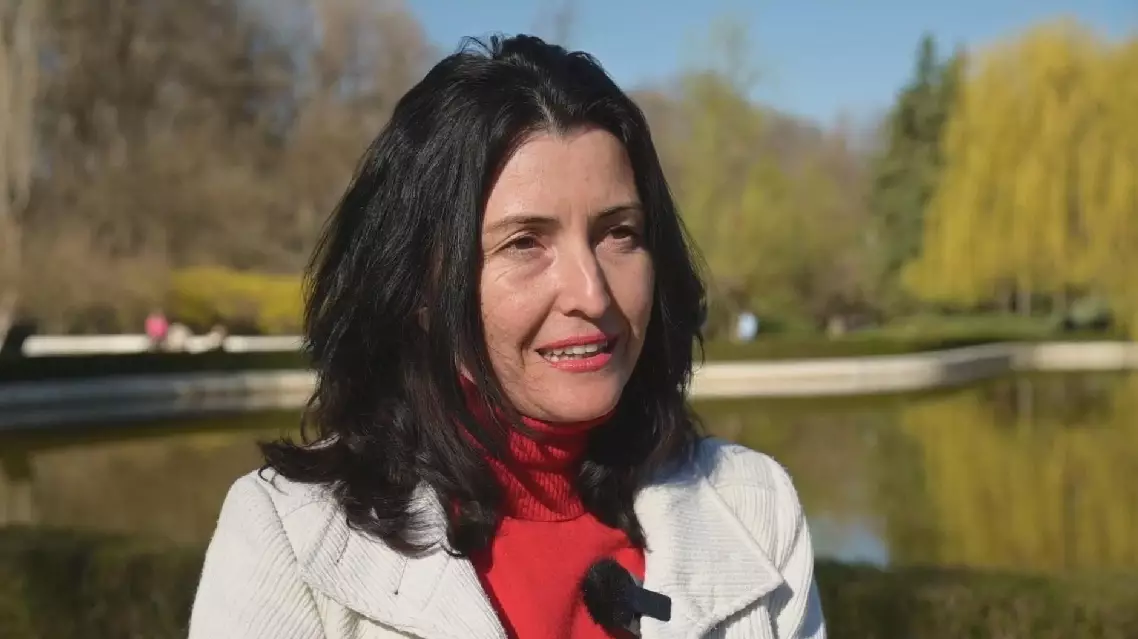
Peonies bridge friendship between China, Bulgaria



